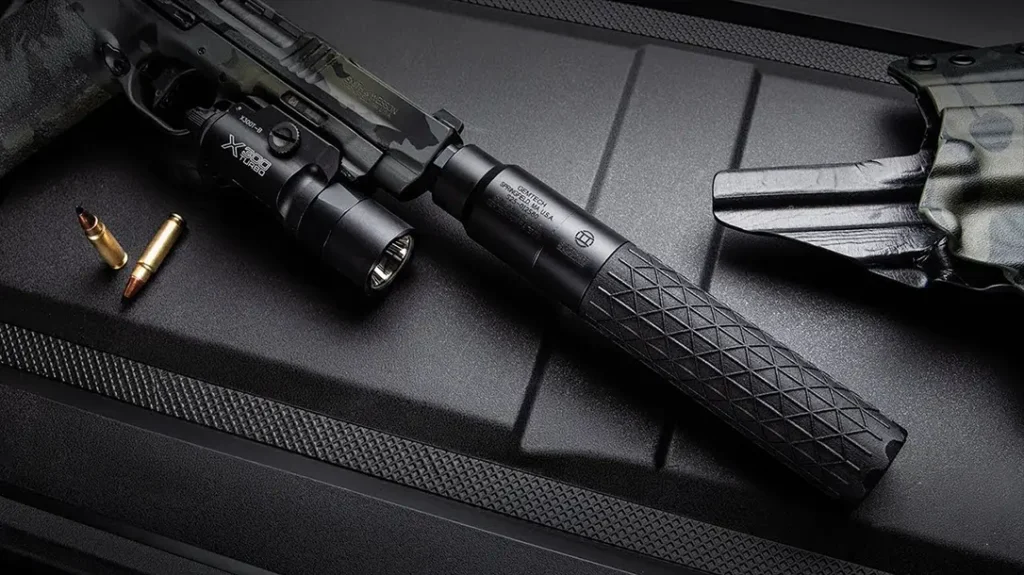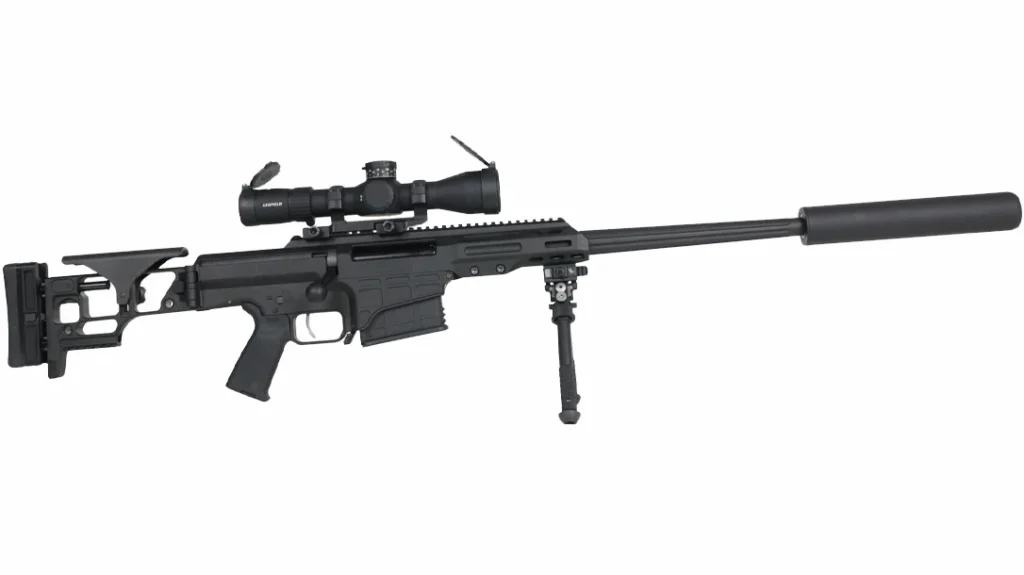Remington announced today that they have purchased the assets of Advanced Armament Corporation, an industry leader in suppressor manufacturing. The AAC acquisition appears to be part of Remington’s broader strategic goal of returning American military weapons production to the American industrial base.
For the first time in years, Remington has introduced new products in the sniper rifle space with the Modular Sniper Rifle (MSR) and the carbine/sub-compact weapon space with the Adaptive Combat Rifle (ACR) to compete for emerging US government special operations and conventional force requirements. As it currently stands, the majority of small arms produced for the American military come from companies headquartered overseas.
Remington’s decision to purchase AAC stems from recognition that future military weapons selections will almost unilaterally require sound and/or signature reduction. Our military has been at war for over 8 years now and experience shows that there are significant tactical advantages associated with suppressor use; hence the military’s interest in adopting this new requirement.
Advertisement — Continue Reading Below
The Advanced Armament Corporation is a small business devoted to suppressor, or “silencer,” development and production. AAC is headquartered in Georgia and has recently experienced substantial growth from the military’s interest in and purchase of suppressors including its subcontractor role as the provider of silencers and flash hiders for the SOF Combat Assault Rifle (SCAR) program. Civilian sales are also up as civilians become increasingly aware that suppressor ownership is legal in 34 states.
AAC is one of the largest suppressor manufacturers in the United States. However, few suppressor companies are positioned to provide suppressors in the quantities required by existing and future military contracts while still being able to meet growing civilian demands. The merger of Remington with AAC will enable AAC to take advantage of Remington’s production capabilities as well as benefit from the additional R&D capabilities that Remington has to offer.
While Remington purchased AAC’s assets and intellectual property, initial indications are that they have no intention of replacing AAC’s executive staff with one of their own and that they are instead intent on expanding on AAC’s current footprint.
Advertisement — Continue Reading Below
AAC will report to Remington’s Military Products Division, but the leadership at AAC, including former owner Kevin Brittingham, will remain in place and continue to function as they have in the past.
























